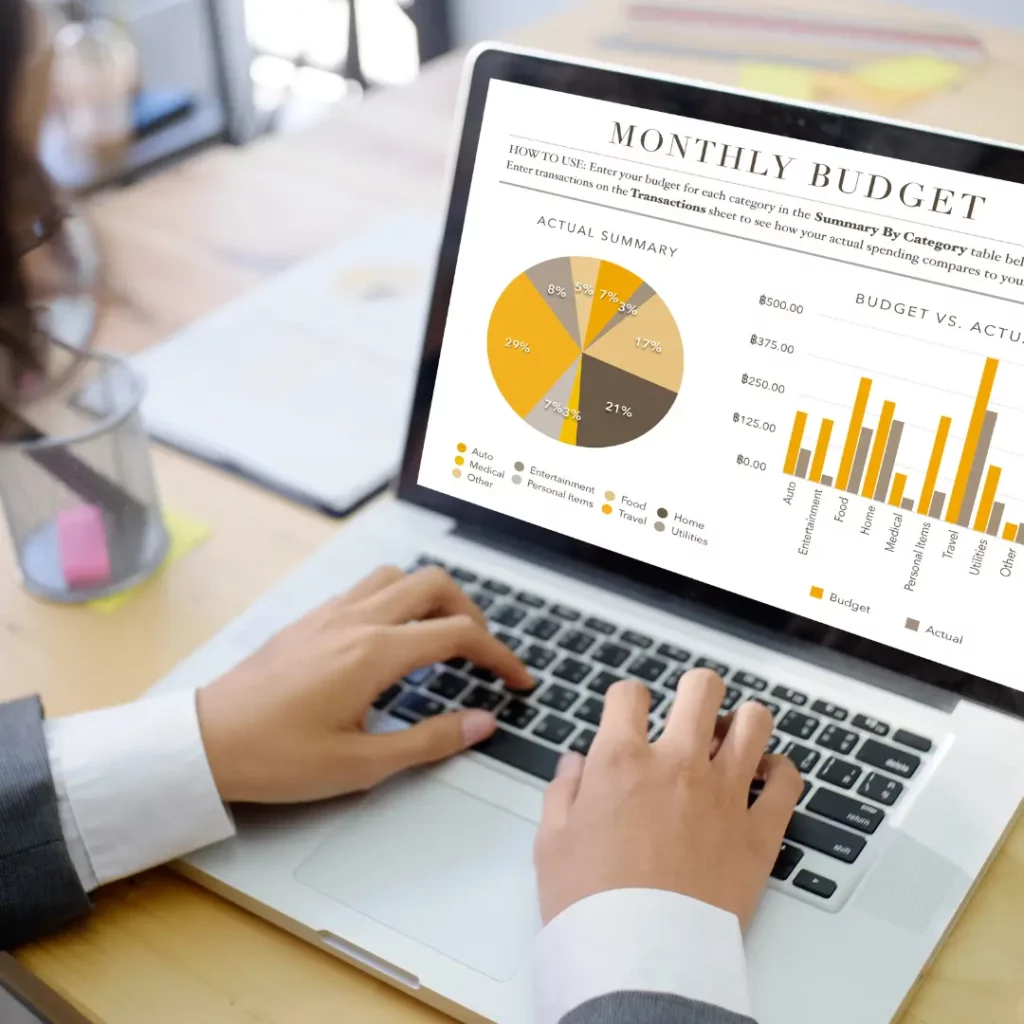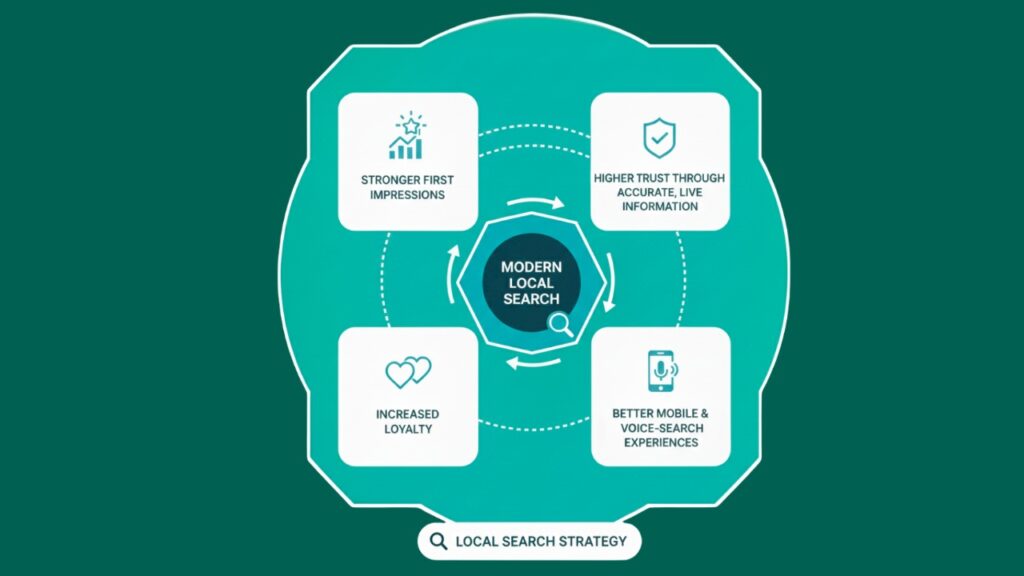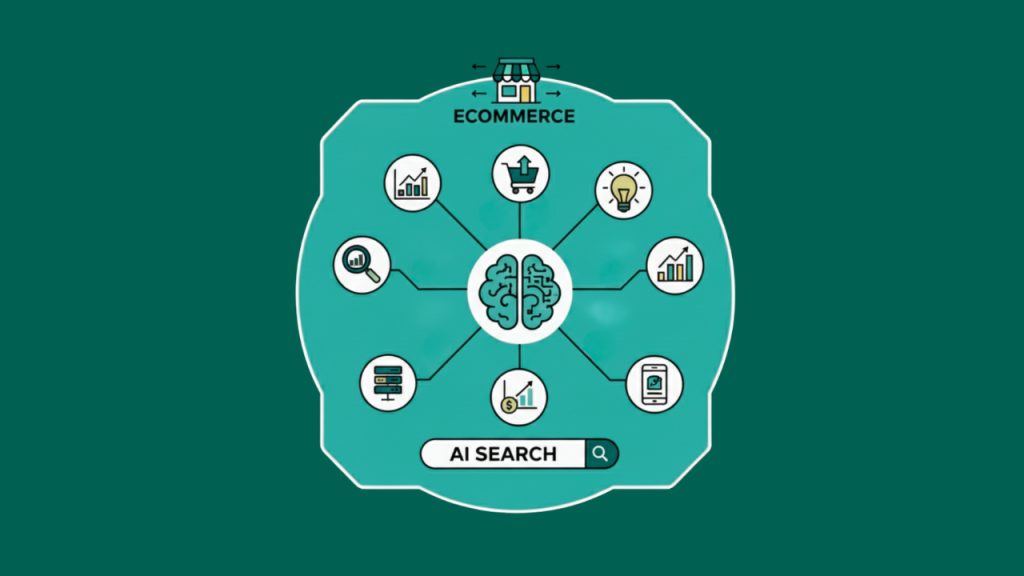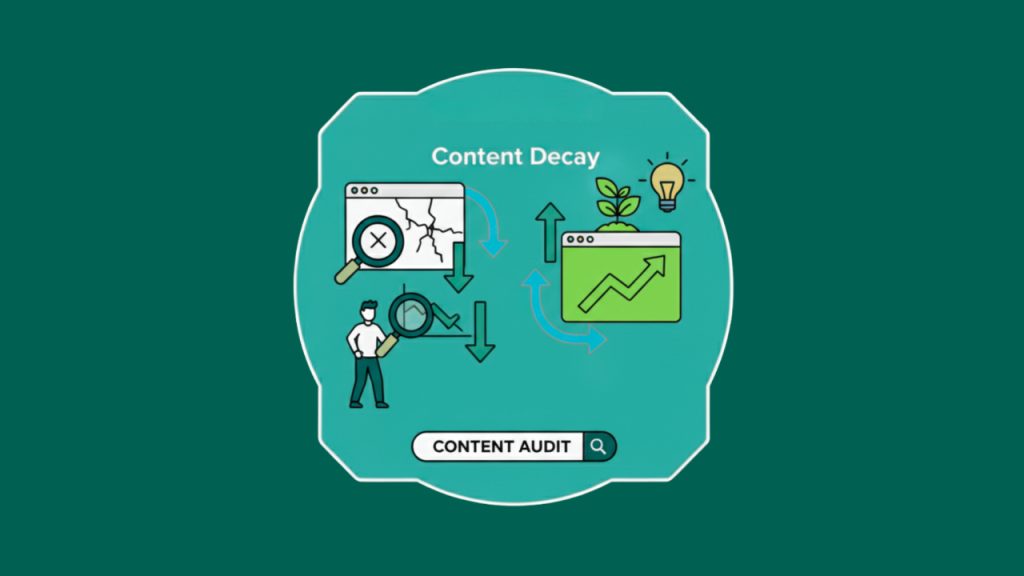Introduction
Pay Per Click (PPC) advertising is a powerful tool for driving traffic and generating leads. However, the success of a PPC campaign relies on more than just picking the right keywords or creating compelling ads. Often, the performance of your ads hinges on effective budget management.
Without a well-planned PPC budget, you risk overspending or wasting money on underperforming campaigns. The good news is that by implementing a few key strategies, you can optimise your ad spend and maximise return on investment (ROI).
In this article, we’ll look into how to maximise your ad spend through smart PPC budget management, with a focus on managing budgets across multiple platforms.

Understanding the Basics of PPC Budgeting
Before we explore more advanced strategies, it’s important to understand the basics of PPC budgeting.
Defining PPC Budgets
This is the amount you plan to spend on a campaign, either daily or monthly. You can set daily budgets to control spending or a lifetime budget for the campaign.
Importance of Setting the Right Budget
Maximising ad spend starts with a budget that matches your goals. For brand awareness, a smaller budget might suffice, but lead generation often requires more investment to reach the right audience.
Ad Spend Allocation
How you allocate your budget across campaigns and platforms is crucial. Prioritise the platforms that deliver the best ROI for your business. However, keep in mind that each platform has its own budget structure, so a strategy that works on one may not be as effective on another.
If you’re unsure which platforms are best for your campaign, check out our guide on choosing the best PPC channels for your goals?
Set a Realistic PPC Budget for Your Business
When setting your PPC budget, start with a strategy that allows for scaling without overspending.
If you’re new to PPC, begin with a smaller budget and scale as you gain insights. This lets you test campaigns, refine targeting, and identify what works before committing to a larger budget.
Additionally, your budget should align with your business goals. For immediate sales, a higher budget is needed, while brand awareness campaigns can start smaller. It’s important to clearly define your objectives and allocate your budget based on expected returns.
Industry benchmarks, such as average the average cost per click (CPC) or cost per acquisition (CPA), can also help you to set a realistic budget. Though as a general guideline, 45% of businesses spend between £75 and £7,600 ($100 to $10,000) per month on PPC.

Leveraging Bidding Strategies in Google Ads
Google Ads offers two main types of bidding strategies: manual bidding and automated bidding.
Manual Bidding
Manual bidding allows you to control your bids for specific keywords or campaigns, which is ideal for businesses that want precise control. This approach works best when:
- You Have Specific Targeting Needs: If you’re targeting niche keywords or markets, manual bidding allows you to tailor you bids precisely to ensure you’re getting the best value.
- Your Campaigns Are Stable: If you’re running well-established campaigns with consistent performance, manual bidding allows you to set your own pace and avoid overspending.
Automated Bidding
Automated bidding leverages Google’s machine learning to adjust bids in real time, optimising your campaigns based on specific goals while saving you time and effort. Strategies like Target CPA, Target ROAS, and Maximise Conversions are ideal for businesses focused on driving conversions and streamlining campaign management. Google’s machine learning considers various signals in real-time, including:
- User Behaviour
- Ad Relevance
- User Devices
- Location
- Browser, and more
For automated bidding to be effective, your campaign needs to have a sufficient amount of historical data. Ideally, aim for around 30 conversions per month before switching to smart bidding to ensure the system can optimise effectively.
Optimise Spend Across Platforms
It’s important to remember that PPC isn’t just limited to Google Ads. There are multiple other platforms where you can allocate your ad budget. Effectively managing spend across these platforms is essential for maximising your ad spend.
When running PPC campaigns on platforms like Meta, LinkedIn, and TikTok, it’s important to allocate your budget strategically. Each platform caters to different audiences, so understanding where your customers engage most can help you direct spend where it will perform best.
Regularly monitor platform performance and adjust budgets accordingly. If Google Ads is delivering a higher ROI, shift more of your budget there. Similarly, track cost per click (CPC) and conversion rates to optimise your budget more accurately and ensure you’re getting the best return on investment.

Avoid Wasted Spend with Effective PPC Campaign Structure
Wasted spend can quickly drain your PPC budget. One of the most effective ways to reduce this is by carefully structuring your campaigns.
Target the Right Audience
Poor targeting is a major cause of wasted spend. Use detailed demographic, geographic, and behavioural data to refine your audience. The more relevant your ads, the higher the chances of generating conversions and avoiding irrelevant clicks.
Use Negative Keywords
Negative keywords prevent your ads from appearing for irrelevant searches, saving money on non-converting clicks. Regularly add negative keywords based on campaign data to focus your budget on high-intent users.
Optimise Ad Copy and Landing Pages
Ensure your ad copy and landing pages align with your audience and goals. Irrelevant ads or poor user experience will waste your budget. Regular optimisation can boost your click-through and conversion rates, making your spending more efficient.
Review and Adjust Your PPC Spend Regularly
Effective budget management requires ongoing analysis and adjustments to maximise ROI. Closely track your ROI and ROAS to ensure your ad spend is delivering results. If not, it’s time to refine your strategy.
Regular audits of key metrics like conversion rates, cost per conversion, and CTR help identify areas for improvement. Use these insights to reallocate your budget to higher-performing campaigns.
A/B testing ads, bidding strategies, and landing pages ensures your budget is spent efficiently. Continuous testing and optimisation will help you focus on the most cost-effective tactics.

Advanced Tips for Maximising Your Ad Spend
Once you have a solid grasp of PPC budgeting, it’s time to explore advanced strategies to boost your campaigns even further.
Use Dayparting for Optimal Timing
Dayparting lets you run ads during specific hours or days when your audience is most likely to convert. By analysing performance data, you can adjust your ad scheduling to maximise results.
Scaling Campaigns without Overspending
As your campaigns perform well, resist the urge to increase your budget drastically. Instead, scale gradually for high-performing campaigns and monitor the results to avoid overspending.
Retargeting for Cost-Effective Conversions
Retargeting ads are a cost-effective way to generate conversions by targeting users who have already interacted with your brand. Tailored messaging can re-engage them and increase conversion chances without significantly boosting your spend.
Conclusion
Effective PPC budget management is essential to maximise your ad spend and drive better results. Just like a well-organised strategy ensures efficiency, a smart approach ensures your full budget is spent wisely, helping you reach your goals.
To optimise your budget, focus on choosing the right bidding strategies, adjusting based on performance data, and leveraging automation. Regular optimisation ensures you get the best return on investment and avoid wasted spend.
Maximising your PPC budget is key to boosting ROI and driving revenue. If you need guidance or expert support, Midland Marketing is here to help optimise your campaigns and make your ad spend work harder for your business.

Want some more?
Latest Insights & News

How Modern Local Search Transforms the Customer Experience
The New Role of Local Search in Customer Experience Local search didn’t make a grand entrance. It settled into the middle of our online lives

AI Search Optimisation for E-commerce: 7 Proven Steps to Boost Visibility and Sales
How AI is Changing the E-commerce SEO Game AI search optimization for e-commerce is no longer an idea. It is practice. Search engines now use

Understanding Content Decay: How to Spot and Revive Underperforming Pages
What Is Content Decay and Why Does It Matter for SEO Content decay is the gradual decline in organic traffic and rankings. This happens to












